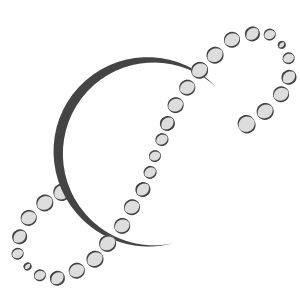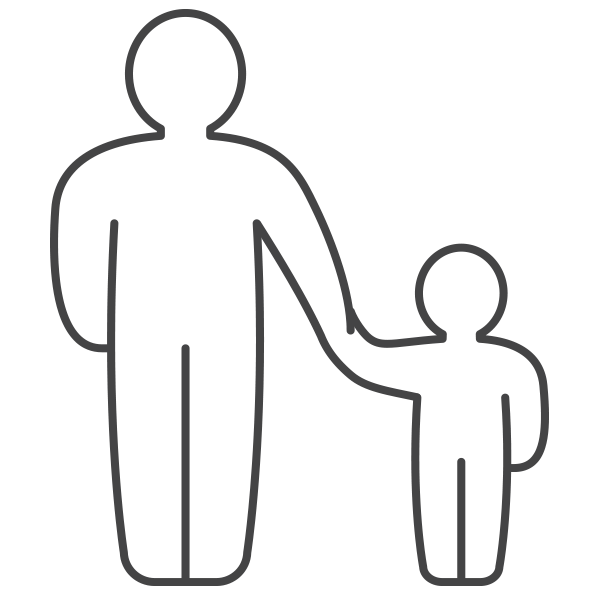About D302

Schools

Parents

Students

Staff

Kaneland C.U.S.D. 302 is committed to protecting student privacy. This page is designed to help families navigate the federal and state laws that govern student records and privacy.
District RequirementsEffective July 1, 2021, school districts will be required by the Student Online Personal Protection Act (SOPPA) to provide additional guarantees that student data is protected when collected by educational technology companies, and that data is used for beneficial purposes only (105 ILCS 85).•Annually post a list of all operators of online services or applications utilized by the district. •Annually post all data elements that the school collects, maintains, or discloses to any entity. This information must also explain how the school uses the data, and to whom and why it discloses the data.•Post contracts for each operator within 10 days of signing.•Annually post subcontractors for each operator.•Post the process for how parents can exercise their rights to inspect, review and correct information maintained by the school, operator, or ISBE.•Post data breaches within 10 days and notify parents within 30 days.•Create a policy for who can sign contracts with operators.•Designate a privacy officer to ensure compliance.•Maintain reasonable security procedures and practices. Agreements with vendors in which information is shared must include a provision that the vendor maintains reasonable security procedures and practices.
What is SOPPA?
FERPA is a Federal law that protects the privacy of student education records. The law applies to all schools that receive funds from the U.S. Department of Education. FERPA gives parents certain rights with respect to their children’s education records. These rights transfer to the student when he or she reaches the age of 18 or attends a school beyond the high school level.
Additional Information To find out more about FERPA, visit the US Department of Eduction's website.
Student Privacy 101: FERPA for Parents
The primary goal of COPPA is to place parents in control over what information is collected from their young children online. COPPA was designed to protect children under age 13 while accounting for the dynamic nature of the Internet. The Rule applies to operators of commercial websites and online services (including mobile apps) directed to children under 13 that collect, use, or disclose personal information from children, and operators of general audience websites or online services with actual knowledge that they are collecting, using, or disclosing personal information from children under 13. The Rule also applies to websites or online services that have actual knowledge that they are collecting personal information directly from users of another website or online service directed to children
Parent Resources Federal Trade Commission website.
Protecting Children's Privace Under COPPA: A Survey on Compliance
Understanding COPPA
CIPA was enacted by Congress in 2000 to address concerns about children’s access to obscene or harmful content over the Internet. CIPA imposes certain requirements on schools or libraries that receive discounts for Internet access or internal connections through the E-rate program
More Information Federal Communications Commission website.
Printable version (CIPA)
E-rate and CIPA: Toolkit for Teachers
Protection of Pupil Rights Amendment (PPRA)PPRA is intended to protect the rights of parents and students in two ways: •It seeks to ensure that schools and contractors make instructional materials available for inspection by parents if those materials will be used in connection with an ED-funded survey, analysis, or evaluation in which their children participate; and•It seeks to ensure that schools and contractors obtain written parental consent before minor students are required to participate in any ED-funded survey, analysis, or evaluation that reveals certain information.PPRA applies to programs that receive funding from the U.S. Department of Education. More info
Data Privacy Resources Below are additional links to information regardig student data and data privacy: •What is Student Data? •Who Uses Student Data? •Common Sense Media
Health Insurance Portability and Accountability Act (HIPPA)The U.S. Department of Education and the Office for Civil Rights at the U.S. Department of Health and Human Services released updated joint guidance addressing the application of the Family Educational Rights and Privacy Act (FERPA) and the Health Insurance Portability and Accountability Act of 1996 (HIPAA) Privacy Rule to records maintained on students.
The guidance, which was first issued in November 2008, clarifies for school administrators, health care professionals, families, and others how FERPA and HIPAA apply to education and health records maintained about students. The revised guidance includes additional frequently asked questions and answers addressing when a student’s health information can be shared without the written consent of the parent or eligible student under FERPA, or without written authorization under the HIPAA Privacy Rule. your can view the joint guidance here.





 D302
D302